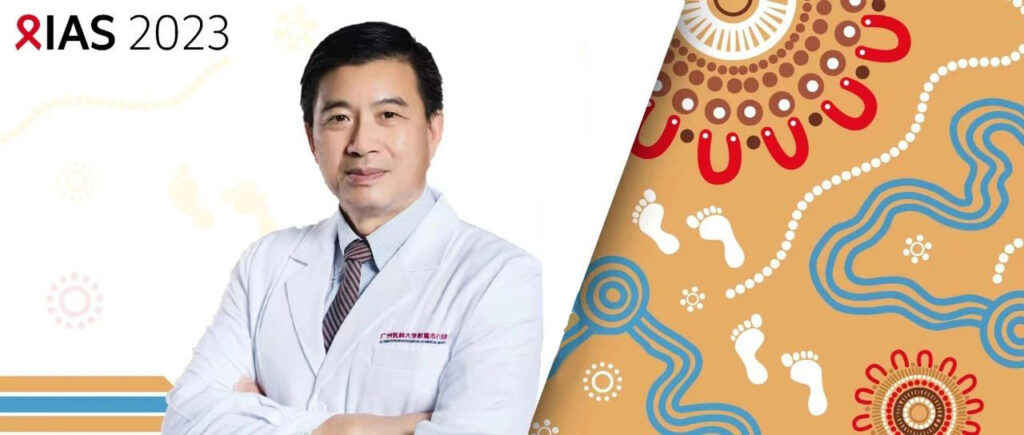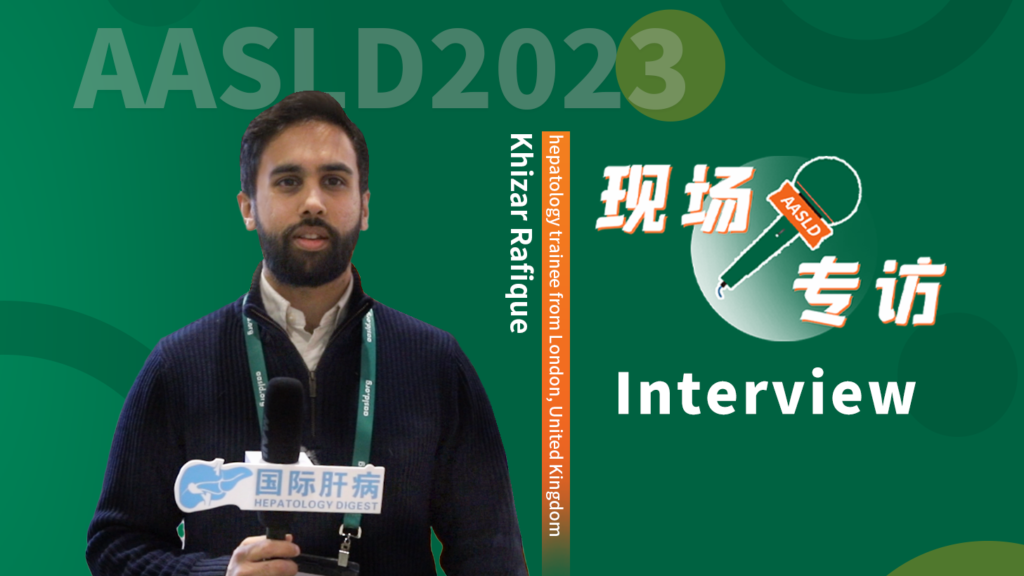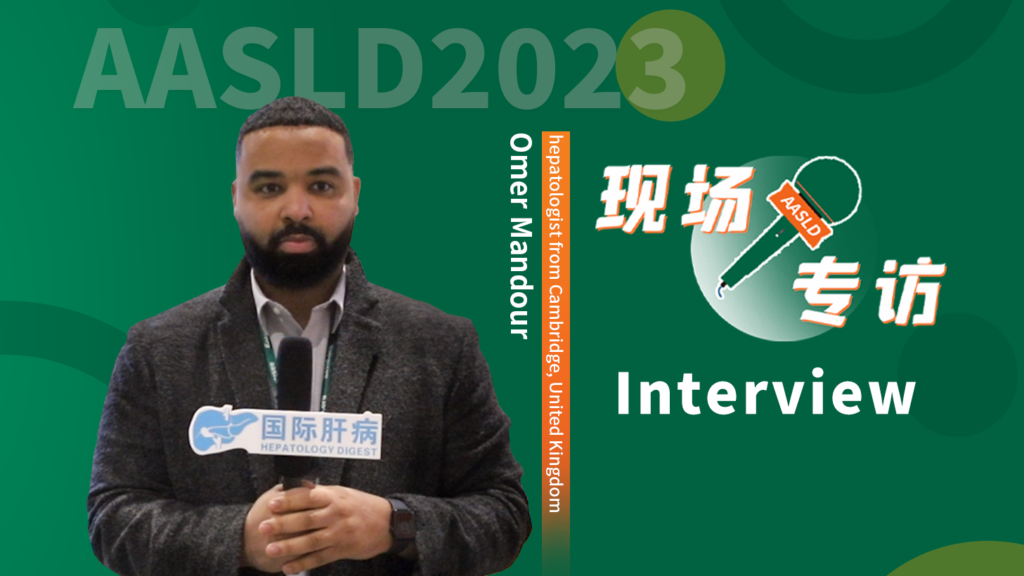
Editor's Note: Since the discovery of the first AIDS patient in China in 1985, an enduring battle, devoid of gunfire, has persisted for nearly forty years. Generation after generation of Chinese experts in AIDS prevention and control have tirelessly explored a "Chinese approach" to AIDS diagnosis and treatment that suits the national context. With changing treatment models and philosophies, the connotations of the "Chinese approach" to AIDS diagnosis and treatment have continually been updated and enriched. During the recent "21st National Conference on Viral Hepatitis and Liver Diseases, as well as the 2023 Annual Conference of the Chinese Medical Association Hepatology Branch and the Annual Conference of the Chinese Medical Association Infectious Diseases Branch," Dr. Taisheng Li, Director of the Infectious Diseases Branch of the Chinese Medical Association, presented an insightful report on "The Establishment and Application of the 'Chinese Approach' to AIDS Diagnosis and Treatment."










